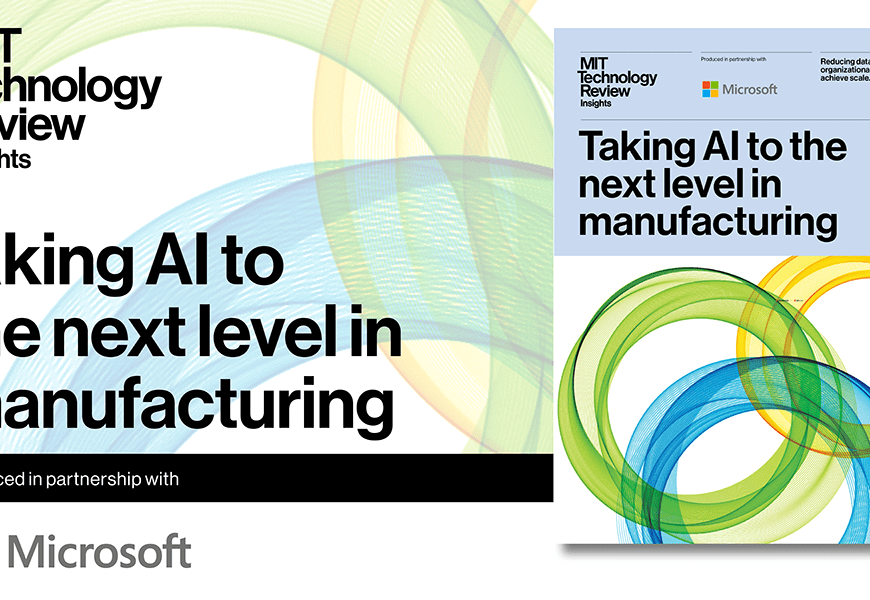Few advancements in technology have generated as much enthusiasm as artificial intelligence (AI). Conceptual AI, in particular, has significantly elevated discussions in the business world. Leaders in the manufacturing sector are notably optimistic about the potential of AI, with research from MIT Technology Review Insights indicating a greater focus on AI development in manufacturing compared to other industries.
Manufacturers are increasingly recognizing the pivotal role of AI in the evolution towards hyper-automated smart factories. They acknowledge AI’s capacity to boost innovation in products and processes, shorten lead times, optimize operational efficiency, enhance maintenance practices, fortify security measures, and reduce carbon footprint. Despite the financial investments required for AI development, many companies are actively pursuing these advancements.
The study conducted by MIT Technology Review Insights delves into the utilization of AI applications by companies, particularly in engineering, design, and operational functions within manufacturing. The research includes insights from 300 manufacturers who have initiated AI integration, revealing that a majority (64%) are currently in the research or testing phase, while 35% have progressed to implementing AI applications. A significant number of respondents express intentions to escalate their spending on AI in the coming years. However, some manufacturers are proceeding cautiously in their AI adoption journey, grappling with challenges related to talent, skills, and data management.
Key findings from the study highlight several critical points:
- Talent and data quality emerge as primary hurdles to scaling AI initiatives. Manufacturers identify a scarcity of skilled professionals as a major obstacle to expanding AI applications in engineering, design, and factory operations. Issues related to governance and data integrity are also cited as impediments to use-case development. Additionally, limited access to cloud-based computing power is a prevalent concern in engineering and design functions.
- Larger manufacturers exhibit higher investment levels and expectations in AI implementation. A substantial percentage of executives anticipate allocating more than 10% of their budgets to AI initiatives in the next two years, particularly in engineering, design, and factory operations. Major players in the industry are more inclined to ramp up their AI investments compared to smaller counterparts.
- Manufacturers prioritize AI advancements tailored to the manufacturing domain. Key areas of focus include product design, conversational AI, and content creation, with quality control and knowledge management featuring prominently in pilot stages. The pursuit of speed, efficiency, reliability, and security drives AI adoption in engineering and design, while innovation, safety enhancements, and environmental sustainability take precedence in factory operations.
- Data quality and integration are fundamental to successful AI scaling. Inadequate data quality, integration challenges, and governance issues are cited as critical barriers to AI use-case development. While a notable proportion of surveyed companies possess data suitable for AI models, this readiness diminishes as use cases transition to production. Addressing data fragmentation is crucial for seamless AI integration and scalability across manufacturing operations.
- Modernizing data systems is essential for facilitating AI expansion. Manufacturers emphasize the need for data architecture modernization to support AI initiatives effectively. Enhancing interoperability between operational technology (OT) and information technology (IT) systems is identified as a key priority to drive advancements in engineering, design, and factory functions.
This content was developed by Insights, the dedicated content division of MIT Technology Review, and does not reflect the views of MIT Technology Review’s editorial team.










